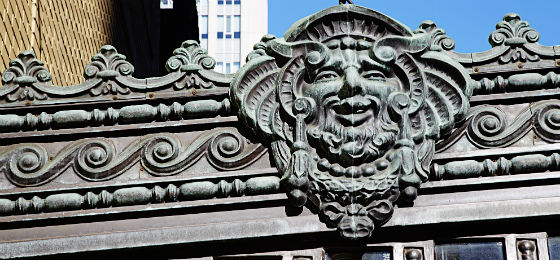Estate Administration

“Estate administration” refers to the steps required to settle the assets/affairs of a deceased person. If the deceased had a valid Will, the Will should name the person appointed by the deceased to administer and distribute his/her estate. This person is called an estate trustee (formerly called an executor or executrix). If there is no Will, provincial legislation governs the appointment of the estate trustee and the distribution of the proceeds of an estate. An estate trustee stands in a fiduciary (i.e. trust) position and, as such, is required to show good faith in dealing with the beneficiaries and others.
An estate trustee gets his or her authority to administer the estate from the Will. Therefore, an estate trustee need not necessarily apply to the court to obtain the court’s authority to act in the estate’s name. However, when the value of the assets of the estate is high, or for certain types of assets, the estate trustee will have little choice but to apply to the Ontario Superior Court of Justice to obtain a Certificate of Appointment of Estate Trustee with a Will (formerly known as Letters Probate) or a Certificate of Appointment of Estate Trustee without a Will (formerly known as Letters of Administration), (“Certificate”).
Most financial institutions and insurance companies now require a Certificate before liquidating any of the deceased’s assets. The Certificate demonstrates to the world that the Will has been duly proven and registered with the court and that the estate trustee has authority to act on behalf of the estate. When applying for a Certificate, estate administration tax (formerly known as Probate Fees) must be paid to the court.
The estate trustees duties are multi-faceted and serious. Here are but some of the duties and responsibilities of the estate trustee.
- If required, make funeral and burial arrangements
- Locate Will and any Codicils (i.e. amendments to the Will)
- Locating all of the deceased’s important documents and papers
- Determine all of the deceased’s assets and make an inventory of the assets
- Preserve the estate’s assets and maintain appropriate insurance on real estates, vehicles and other of the deceased’s assets
- Pay creditors (settle the deceased debts and liabilities). An estate trustees is personally liable for the debts of the deceased if he/she distributes the estate before settling the debts and liabilities
- Realizing and investing the estate’s assets prudently until distribution
- Determine and pay taxes and file tax returns for the deceased and the estate
The administration of an estate can be time-consuming, complex and overwhelming. We are there to help with some, or all, aspects of an estate’s administration.
